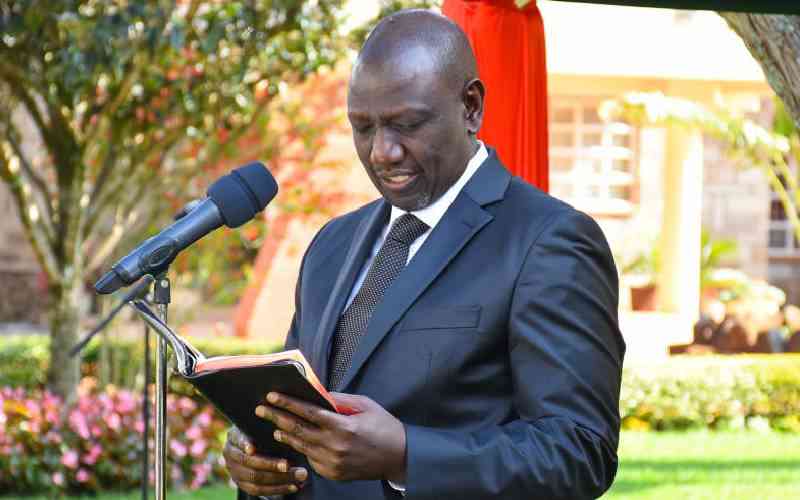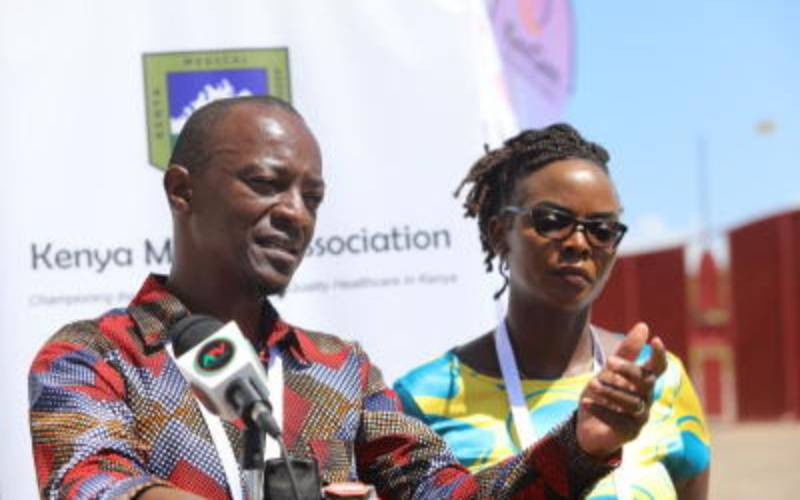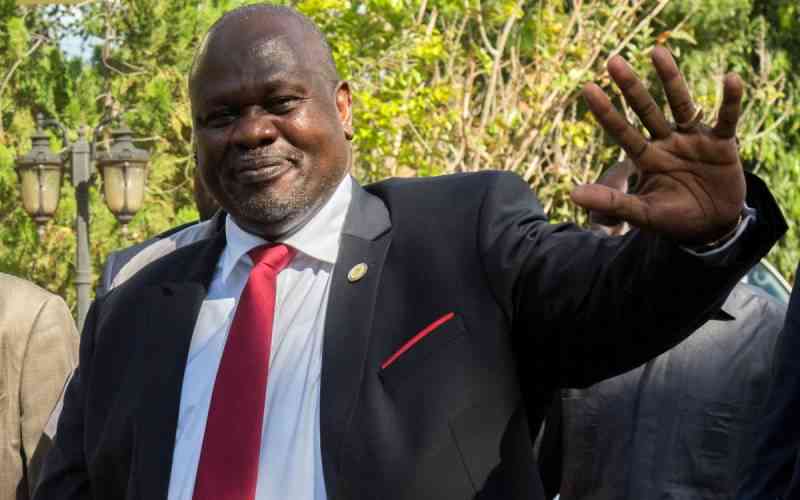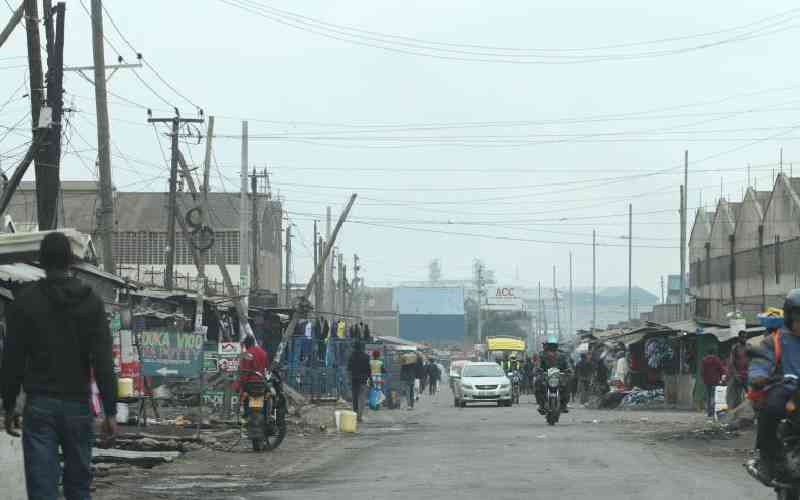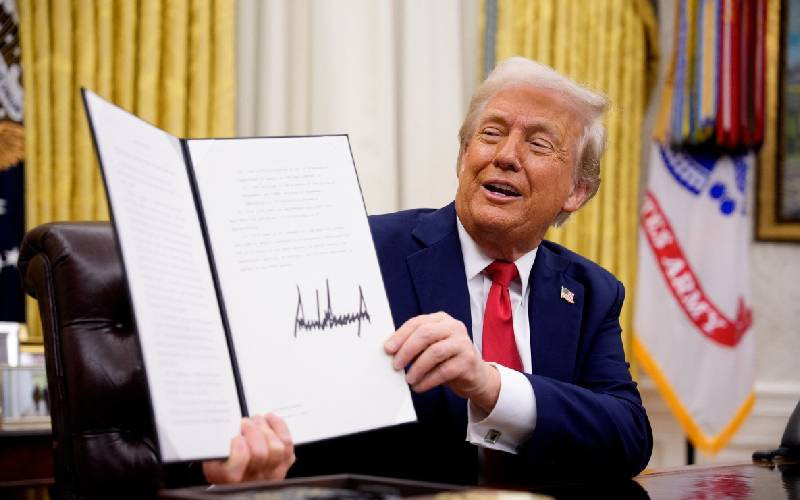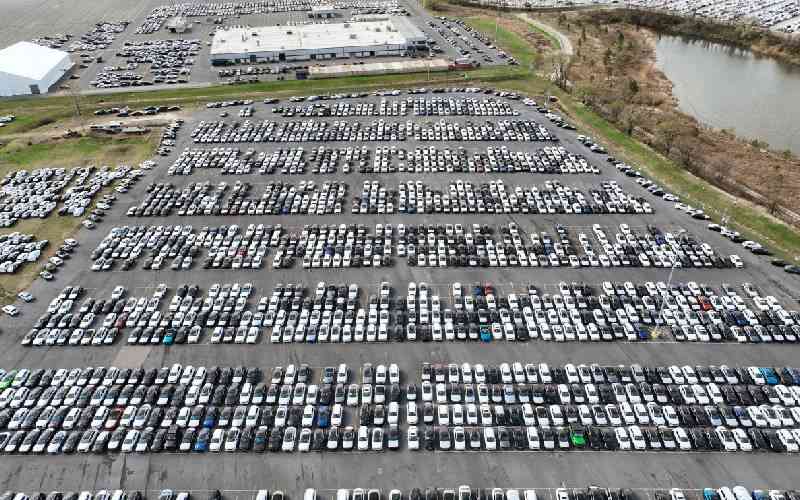Kenya is a democracy, just like many other nations. It is not a theocracy, where God wholly chooses leadership in the strictest sense.
When William Ruto campaigned for the presidency in 2022, he intertwined religion and politics, drawing heavily on his Pentecostal Christian faith. Inspired by his mentor, President Daniel arap Moi, Dr Ruto has consistently embraced religious values throughout his political career, despite some questioning whether his actions align with these principles.
But I think Kenyans confuse a Christian leader and a leader chosen by God, forgetting that God is not a democrat, and he is not involved at all in electing leaders. We can see the voice of God in the biblical records, when people rejected theocracy and wanted democracy in choosing their leaders. Notice the stern warning regarding the leader that the people wanted.
The Bible records the first democracy over 400 years after the Israelites arrived in the Promised Land, also known as Canaan. At that time, Israel operated under a theocracy, led by judges who were also prophets. The last of these leaders was Samuel, a priest and prophet, who presided over Israel for 40 years before transitioning the nation to a monarchy by anointing Saul as its first king.
This first shift from theocracy to monarchy was particularly intriguing. The elders of Israel approached Samuel, requesting a monarch to rule over them like other nations. They sought a tangible leader—a ‘president’ they could see and serve, rather than an unseen deity. When Samuel consulted God, he was instructed to let the people choose their form of governance.
However, God issued a stark warning through Samuel, detailed in 1 Samuel 8:10-18. Samuel cautioned the Israelites about the repercussions of having a king. Such a ruler, he explained, would conscript their sons into his armies—some as soldiers, others as labourers on his farms or artisans for his weapons and luxury chariots.
He also warned that their daughters would be taken as servants, beauticians, and cooks. The king would seize their best lands, vineyards, and orchards, redistributing them to his allies.
He also mentioned something familiar to democracies, such as Kenya: That heavy taxes would be imposed on their harvests to sustain the administration, and their most valuable workers and animals would be claimed for the king’s use.
Nothing was to be spared because even their flocks would be taxed, reducing them to mere subjects of his will. Samuel concluded with a chilling prophecy: A day would come when the people would cry out in despair under such a king, but their pleas to God would go unanswered.
Why recount this story, and why is it relevant to Kenya? Note that what we call democracy today diverges even from monarchy. In a monarchy, while people prefer a physical king, he is chosen by the people.
In a democracy, God is often absent from the equation as leaders are elected by human choice. This raises a critical question: Who chose our president? Can we attribute that choice to God? Can we hold God accountable? Some have humorously remarked that God has no vote—I agree!
While the Bible states that God ordains all leadership, it does not suggest that God should be held responsible for every leader elected by the people. Even under a monarchy where God was somehow involved in anointing the king, He warned that rulers would impose taxes, seize property, and conscript citizens into service. Does this sound familiar?
For those who also argue that when Ruto does that, he is ungodly, think twice. The breaking news now is the constitution of the Independent Electoral and Boundaries Commission. Soon, they will roll out voter registration.
As we approach this pivotal moment, it is worth remembering: God has no vote, nor will He register as a voter. Yet, in His mercy, He grants us the free will to elect the leaders we desire.
- Dr Ndonye is a senior lecturer at Kabarak University’s Department of Mass Communication
 The Standard Group Plc is a multi-media organization with investments in media
platforms spanning newspaper print operations, television, radio broadcasting,
digital and online services. The Standard Group is recognized as a leading
multi-media house in Kenya with a key influence in matters of national and
international interest.
The Standard Group Plc is a multi-media organization with investments in media
platforms spanning newspaper print operations, television, radio broadcasting,
digital and online services. The Standard Group is recognized as a leading
multi-media house in Kenya with a key influence in matters of national and
international interest.
 The Standard Group Plc is a multi-media organization with investments in media
platforms spanning newspaper print operations, television, radio broadcasting,
digital and online services. The Standard Group is recognized as a leading
multi-media house in Kenya with a key influence in matters of national and
international interest.
The Standard Group Plc is a multi-media organization with investments in media
platforms spanning newspaper print operations, television, radio broadcasting,
digital and online services. The Standard Group is recognized as a leading
multi-media house in Kenya with a key influence in matters of national and
international interest.

